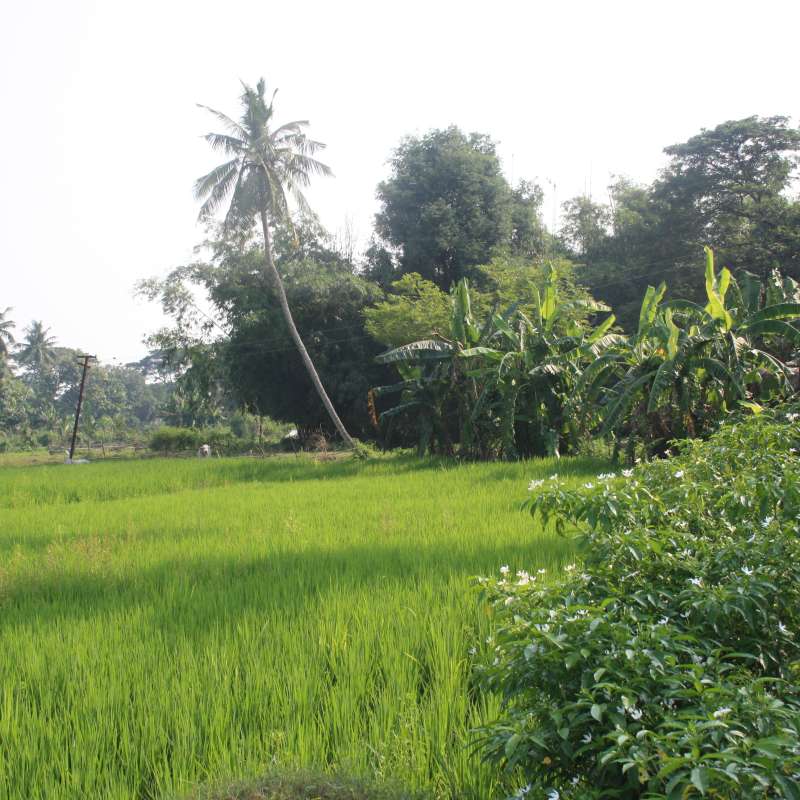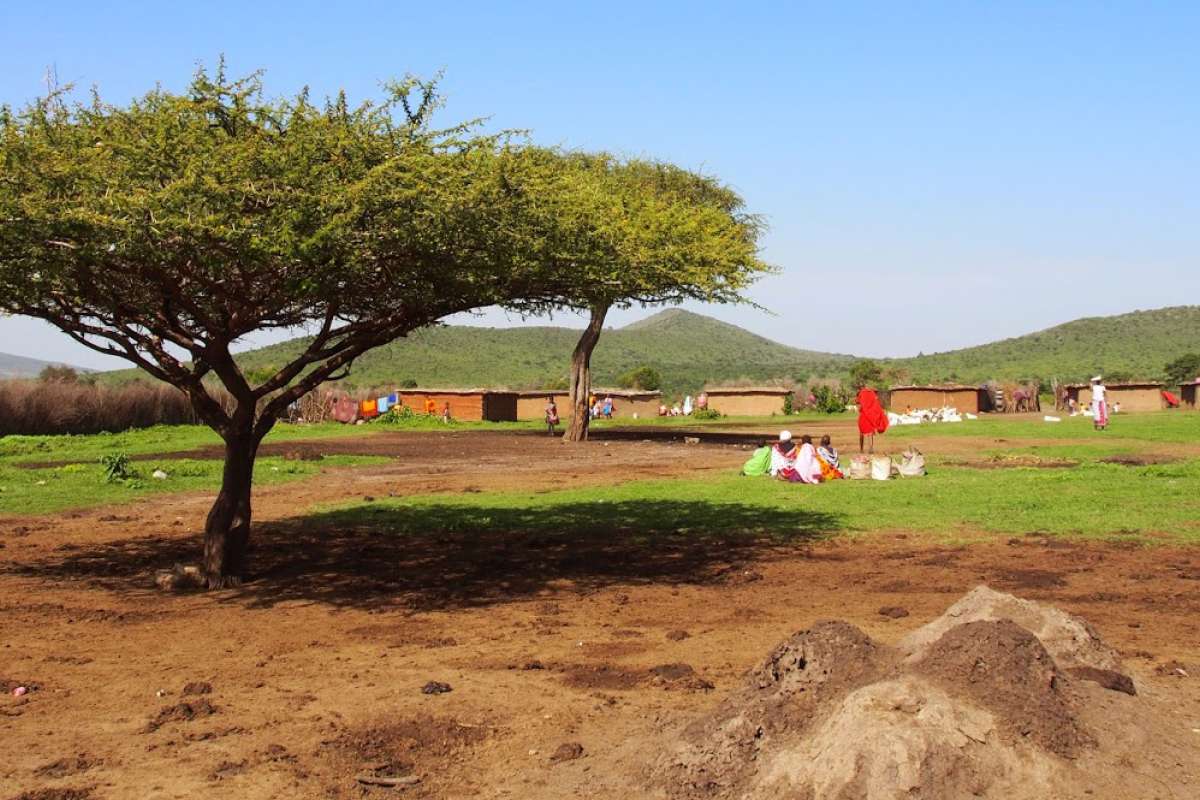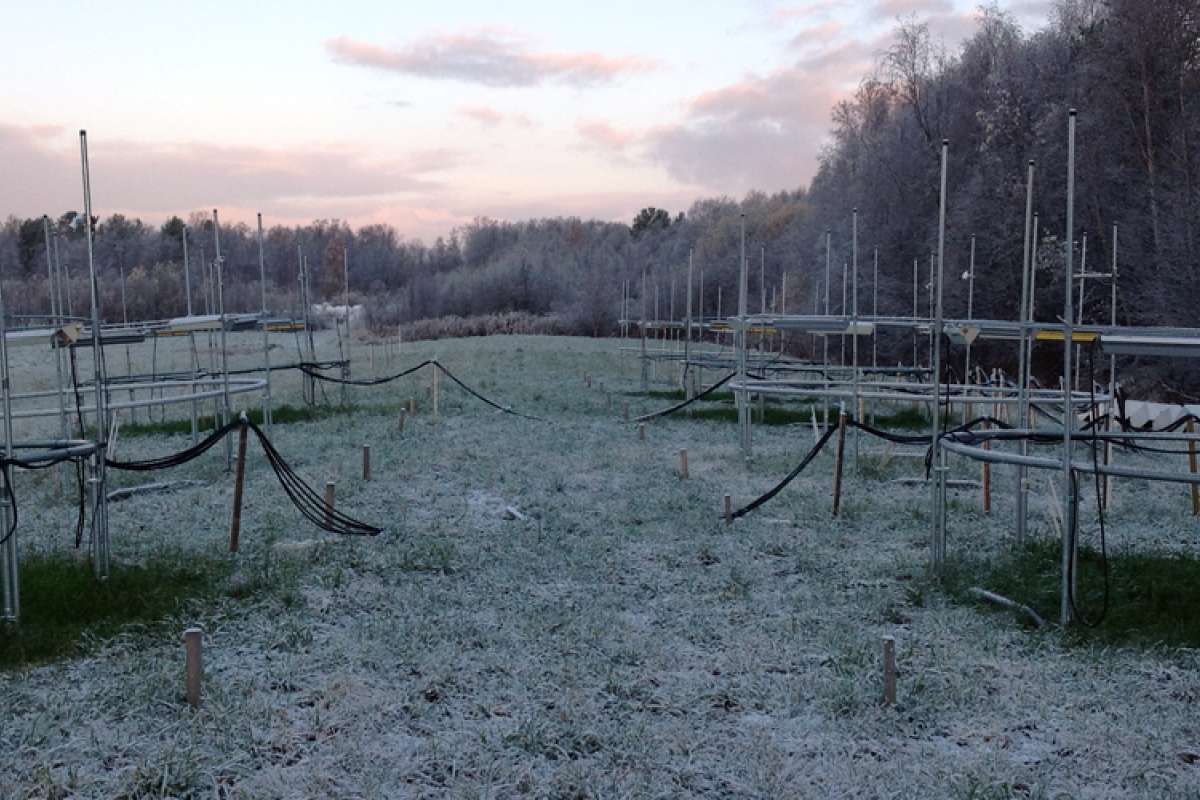High methane emissions found from composting digested food waste
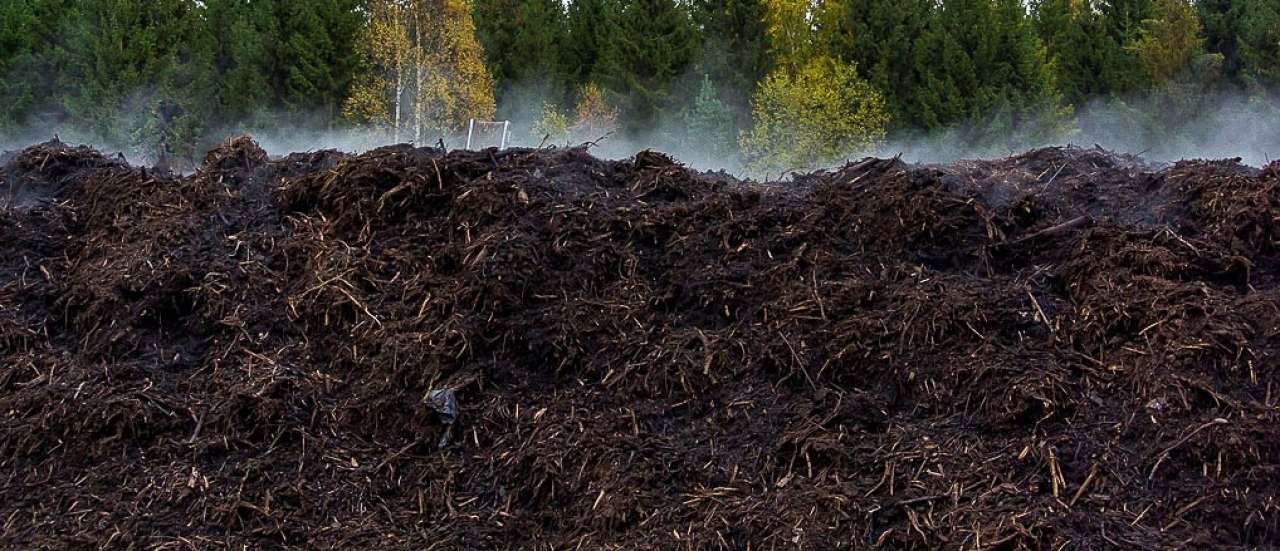
A new study reveals that composting digestate of food waste can contribute to higher methane emissions than those emitted from composting raw food waste. Illustration photo: Ove Bergersen
In comparison to the greenhouse gas emissions from composting untreated waste, composting digestate left after biogas production can cause significantly higher methane emissions to the atmosphere, a new study reveals.
To achieve a circular economy, good management of organic waste is crucial. Recycling technologies that allow for minimal greenhouse gas emissions to the environment, along with the return of nutrients in the organic material to the soil, need to be found.
Biogas residues, so called digestates, contain valuable nutrients and are therefore suitable as agricultural fertilizers. Composting as a post-treatment can transform solid digestate to a stable and less odour emitting, safe and nutritive soil amendment.
In a recent study, researchers have discovered that the greenhouse gas emissions, especially methane emissions, from composting digestate of food waste are much higher than the emissions from composting food waste in its untreated form.
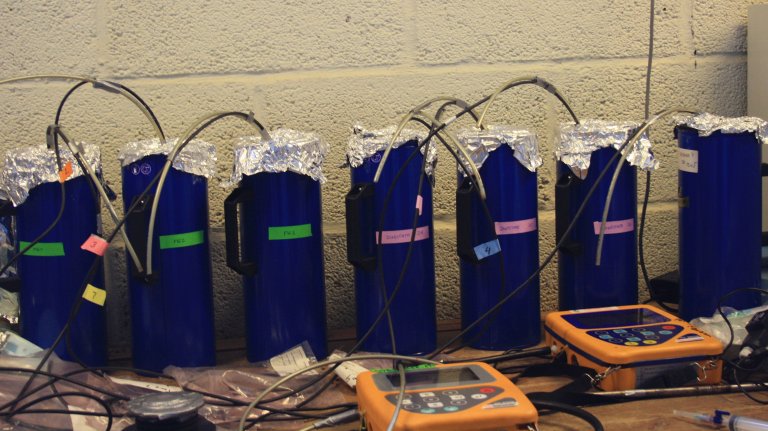
Measured 12 times higher methane emissions from composting digestate
“The amount of methane emitted from composting digestate of food waste was extremely high, something which surprised us,” says Maria Dietrich, Research Scientist from NIBIO.
In the study, greenhouse gas emissions from composting raw food waste were compared to emissions from composting solid digestate of food waste.
The results showed that the total methane emissions over three weeks were almost 12 times higher from composting digestate of food waste than those emitted from composting the raw food waste.
In addition to higher methane emissions, the researchers discovered that the nitrous oxide emissions during composting were significantly higher from digested food waste than from raw food waste. The total global warming potential, however, was mainly driven by the high methane emissions.
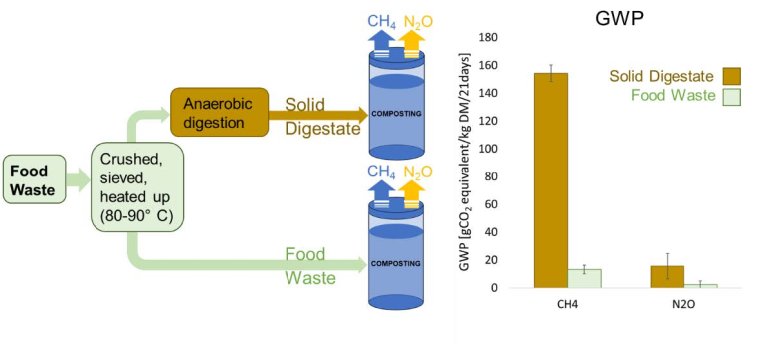
Explanation may lie in adapted microbes for methane production
According to Dietrich, the explanation for the high methane emissions from composting digestate may lie in that digestate contains a microbial community that is adapted for high methane production.
“We think that the import of microorganisms adapted to methane production through feedstock, especially methanogens in digestate, can enhance methane productions during the subsequent composting process,” she says.
“In future, adapting microbial communities in feedstock and during the subsequent composting process could be a promising way to reduce greenhouse gas emissions. This can be done by for example eliminating the methane producing microbes in the digestate before it is composted.”
Low global warming potential when composted digestate is applied to soil
A former study, conducted by Dietrich et al. in 2020, showed that composted digestate had a very low or negative global warming potential when it was applied to soil.
“These results indicate that the lower greenhouse gas emissions when applied to soil could compensate for the high global warming potential of composting solid digestate,” Dietrich says.
“That being said, it is important to note that the organic matter content of the food waste input is reduced by half during anaerobic digestion before leaving the system as digestate,” she adds.
Funding
This work was funded by the Research Council of Norway through the RICEDIG project led by Research Scientist at NIBIO, Bente Føreid.



